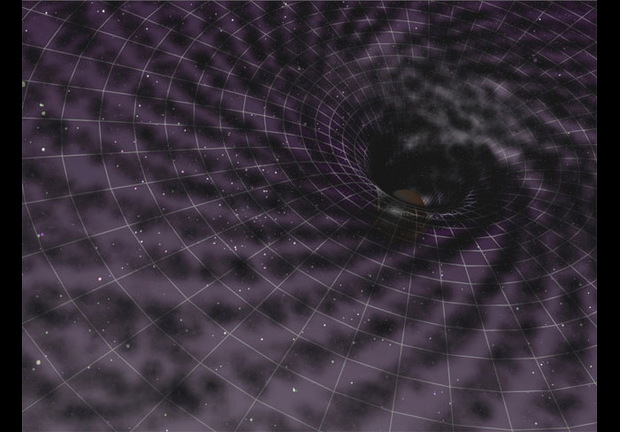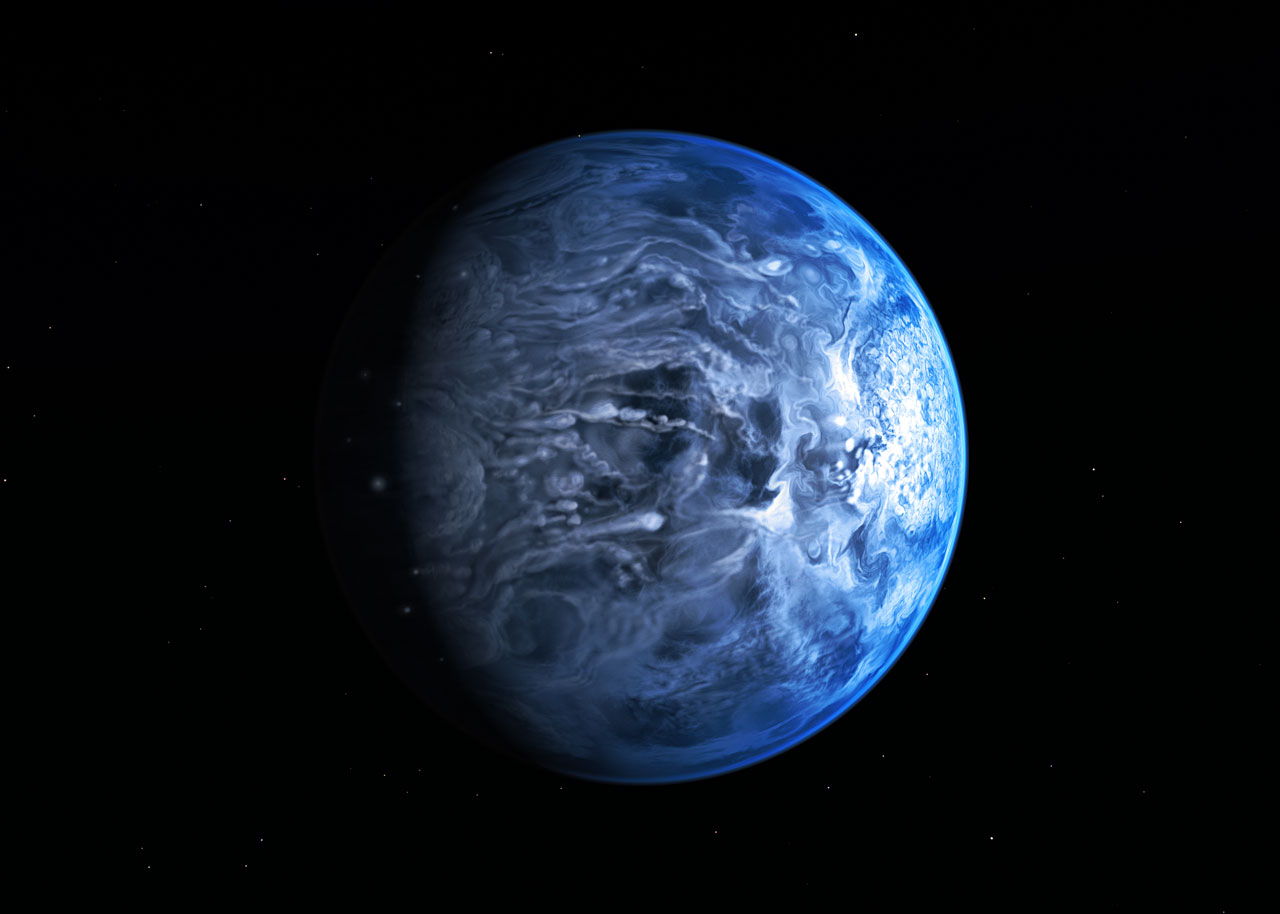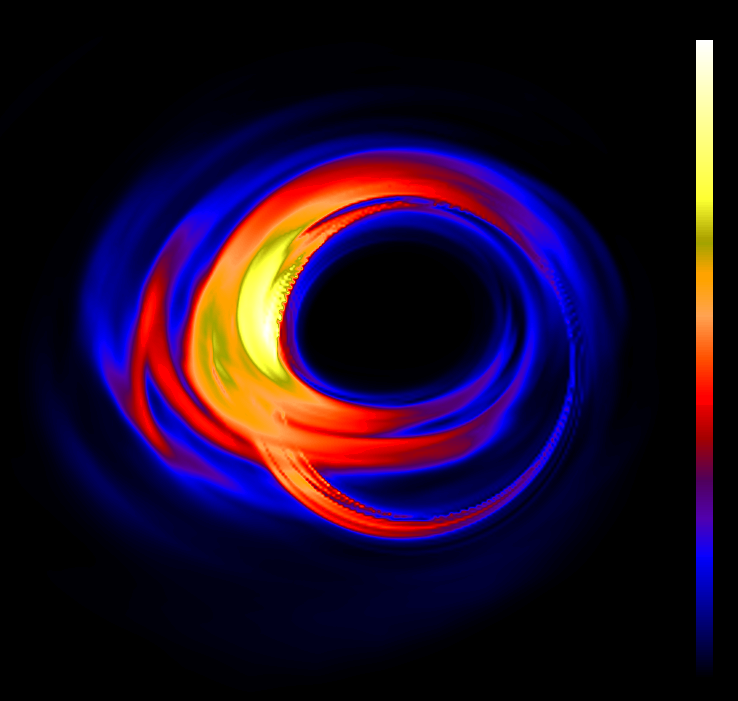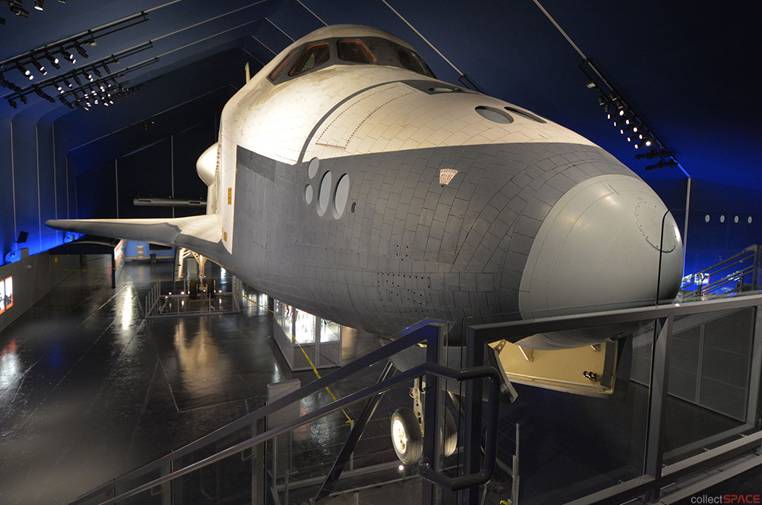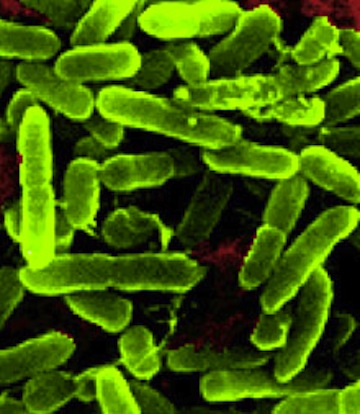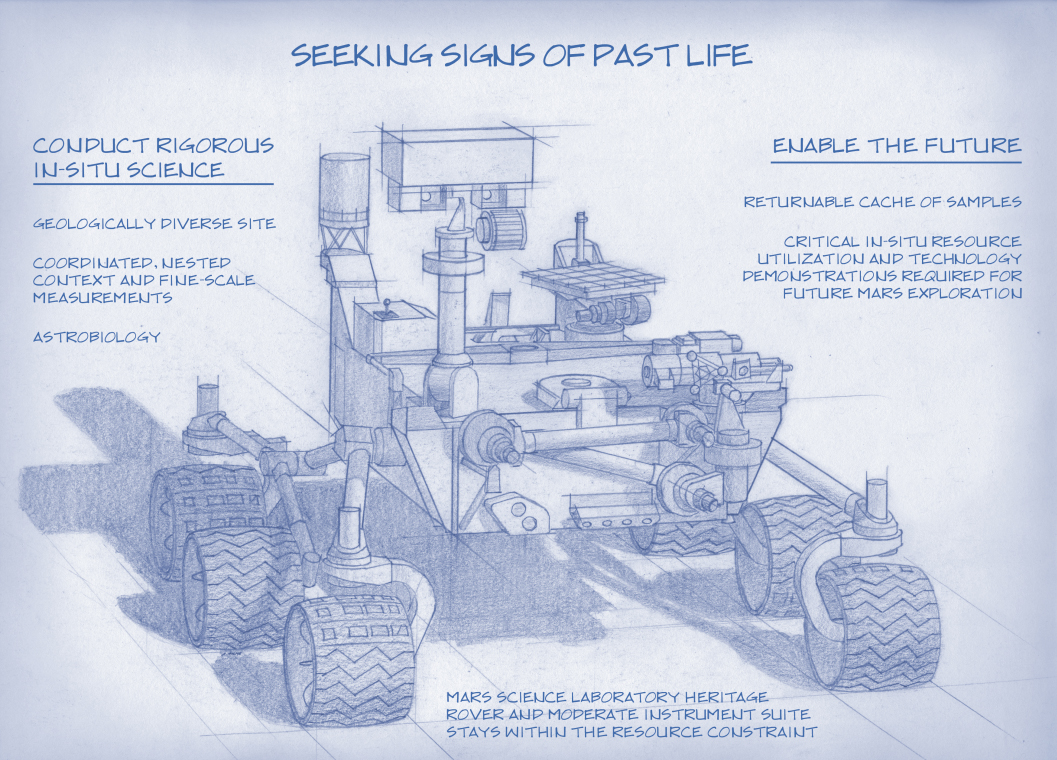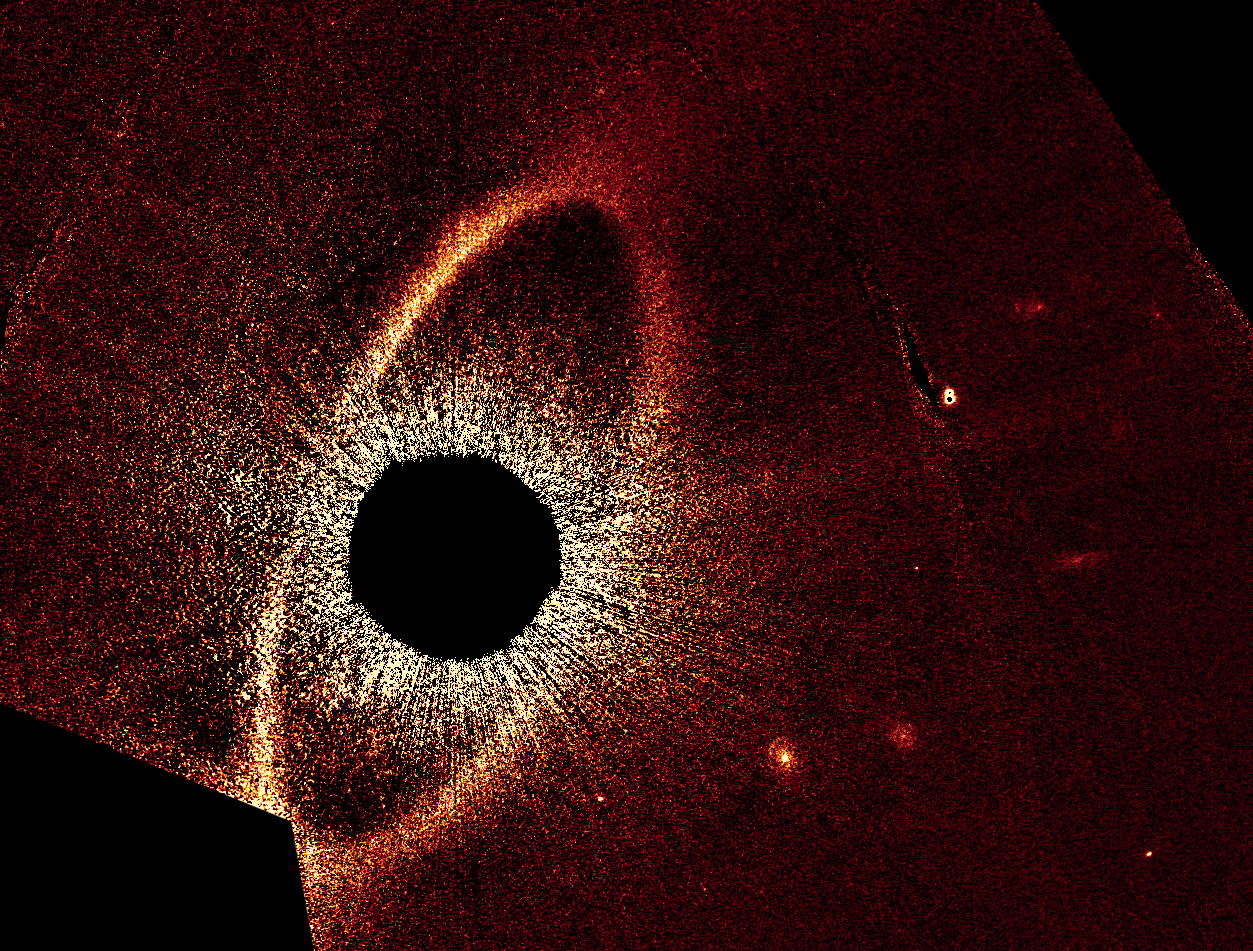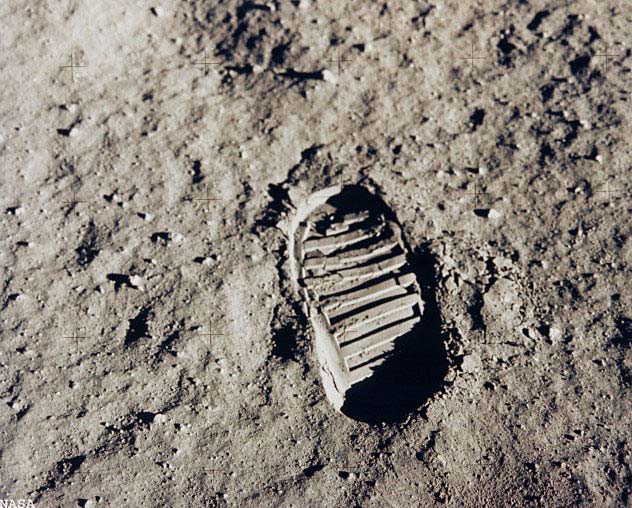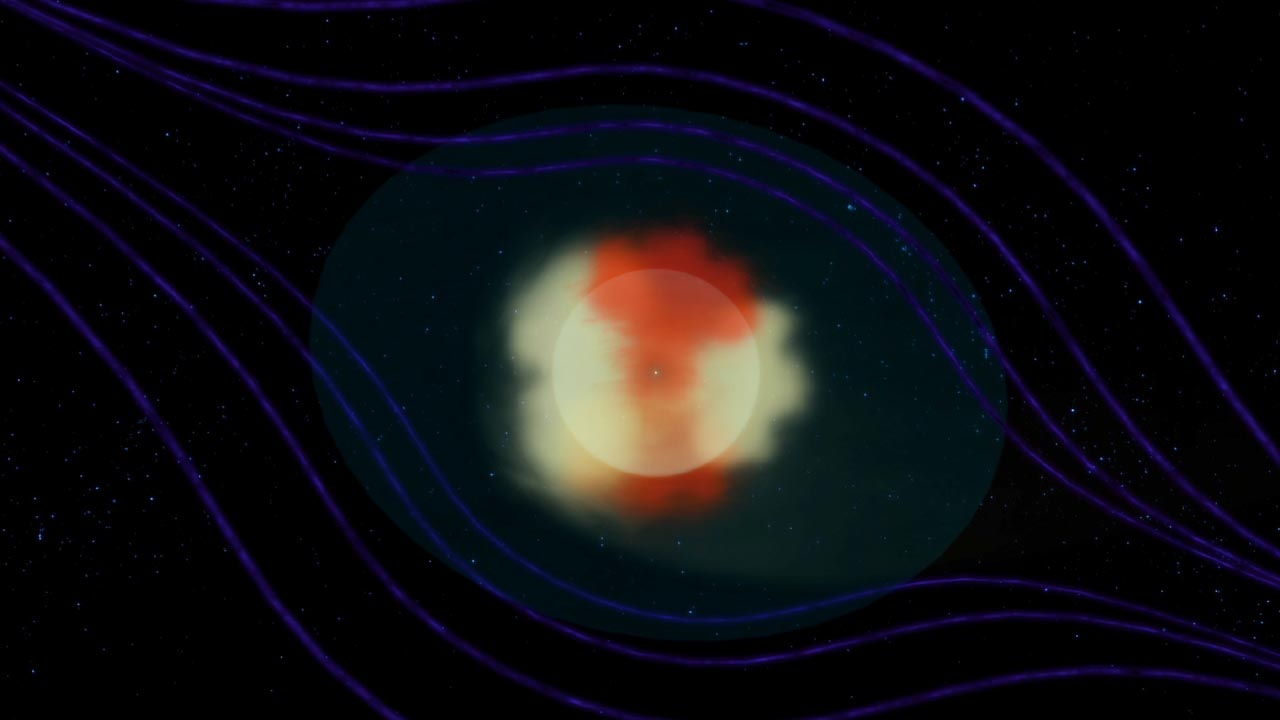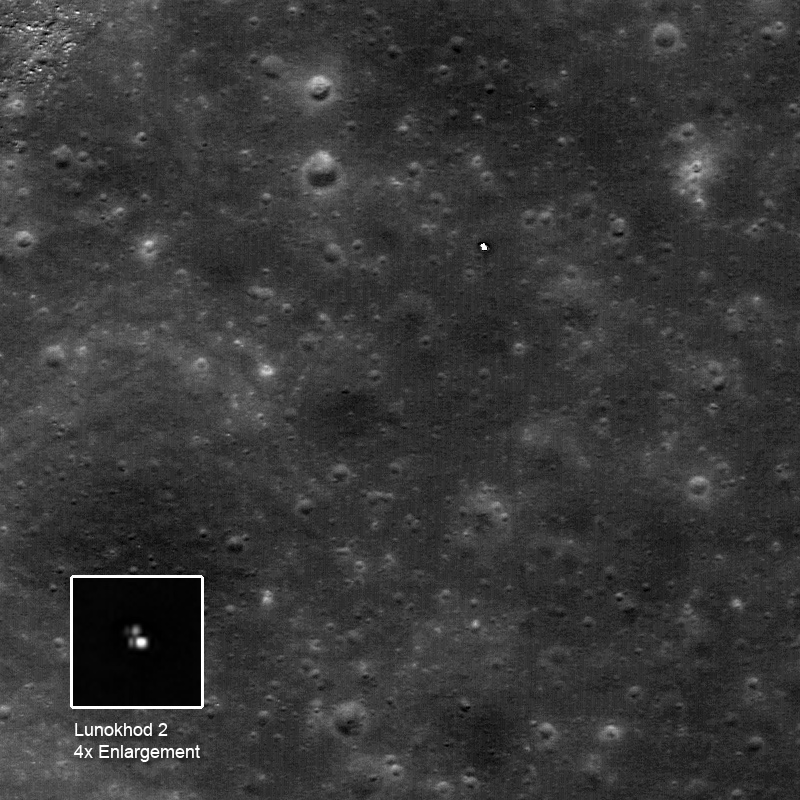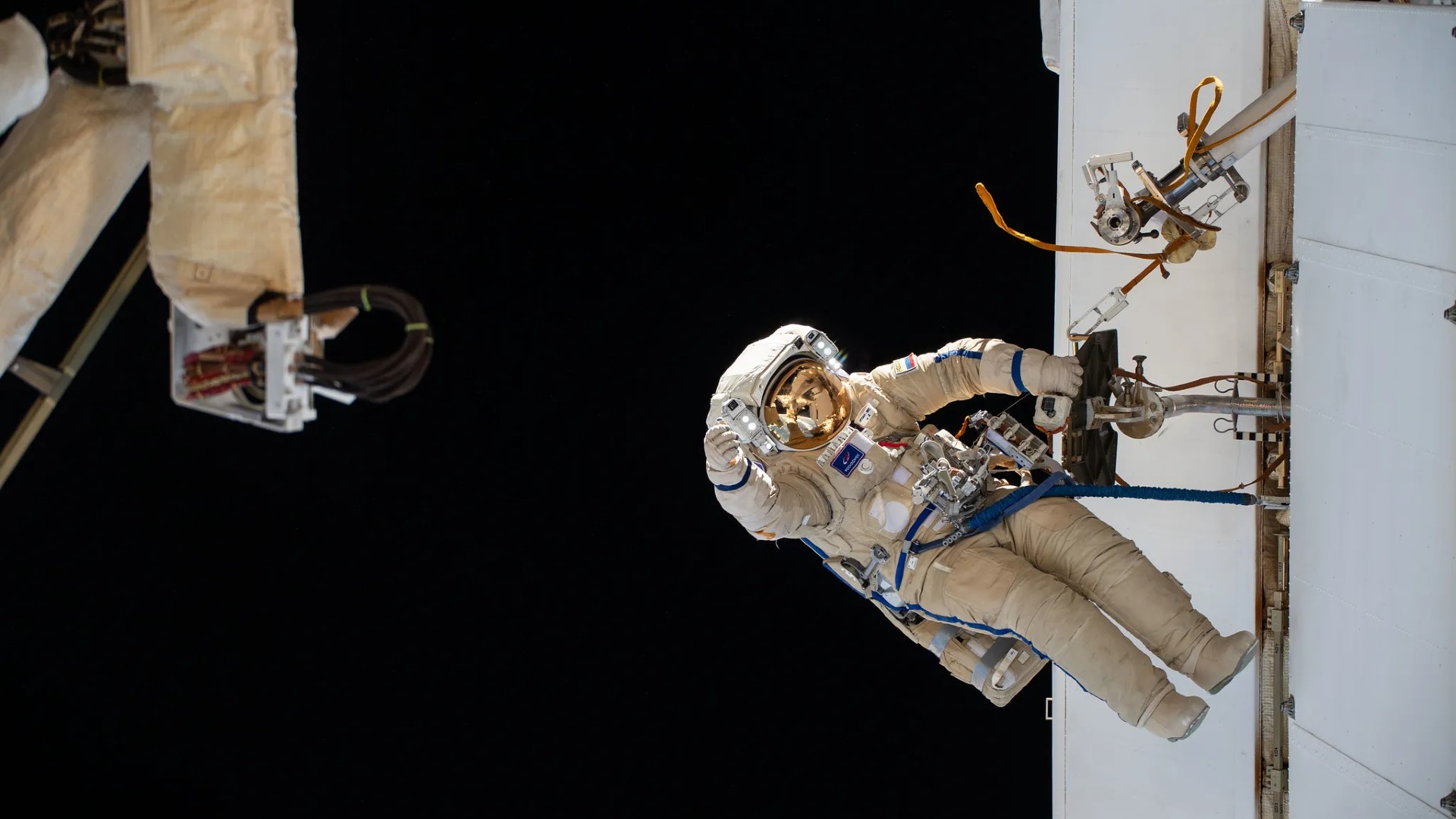Vote Now! Best Space Stories of the Week - July 14, 2013
Breaking space news, the latest updates on rocket launches, skywatching events and more!
You are now subscribed
Your newsletter sign-up was successful
Want to add more newsletters?

Delivered daily
Daily Newsletter
Breaking space news, the latest updates on rocket launches, skywatching events and more!

Once a month
Watch This Space
Sign up to our monthly entertainment newsletter to keep up with all our coverage of the latest sci-fi and space movies, tv shows, games and books.

Once a week
Night Sky This Week
Discover this week's must-see night sky events, moon phases, and stunning astrophotos. Sign up for our skywatching newsletter and explore the universe with us!

Twice a month
Strange New Words
Space.com's Sci-Fi Reader's Club. Read a sci-fi short story every month and join a virtual community of fellow science fiction fans!
Strange Blue Planet, Bacteria in Space & More
Last week scientists saw the visible color of a distant alien world, bacteria aboard shuttle Atlantis behaved in strange ways and a theory of quantum gravity was applied to the interior of a black hole for the first time. See the top stories of the last week here.
FIRST STOP: Strange Blue World: Alien Planet's True Color Revealed, a First
Strange Blue World: Alien Planet's True Color Revealed, a First
Call it the deep blue dot. For the first time, scientists have seen the visible color of a distant alien world. The exoplanet — called HD 189733b — is 63 light-years from Earth and a "deep cobalt blue," with raging storms of glass rain super-fast winds, scientists say. [Full Story]
NEXT: Incredible Technology: How to See a Black HoleIncredible Technology: How to See a Black Hole
Incredible Technology: How to See a Black Hole
The Event Horizon Telescope, an ambitious international project coordinating telescopes around the world, aims to directly image the immediate environment of a black hole for the first time. [Full Story]
NEXT: Space Shuttle Enterprise 'Launches' for Second Time at NYC Museum
Space Shuttle Enterprise 'Launches' for Second Time at NYC Museum
Entering the Intrepid Sea, Air and Space Museum's new "Space Shuttle Pavilion," which opened in New York City on Wednesday (July 10), visitors are first greeted by the sound of astronauts exchanging radio calls with flight controllers about guiding a winged spacecraft to a safe touchdown. [Full Story]
Breaking space news, the latest updates on rocket launches, skywatching events and more!
NEXT: Bacteria In Space Grows in Strange Ways
Bacteria In Space Grows in Strange Ways
Bacteria aboard the space shuttle Atlantis behaved in strange ways, according to a new study released by NASA. [Full Story]
NEXT: NASA's Next Mars Rover Will Search for Signs of Life
NASA's Next Mars Rover Will Search for Signs of Life
NASA's next Mars rover launching in 2020 should hunt for signs of past Red Planet life and collect samples for eventual return to Earth, a team of mission planners announced today (July 9). [Full Story]
NEXT: Space-Time Loops May Explain Black Holes
Space-Time Loops May Explain Black Holes
The theory of quantum gravity has been applied to the interior of a black hole for the first time, suggesting that density is not infinite there. [Full Story]
NEXT: Evidence of Alien Planets? No, It's Just Gas
Evidence of Alien Planets? No, It's Just Gas
Gaps in the dusty disks around distant stars, once thought to be the telltale sign of an alien planet, may not be evidence of exoplanet birth after all, scientist say. [Full Story]
NEXT: Moon Bill Would Create National Park to Protect Apollo Landing Sites
Moon Bill Would Create National Park to Protect Apollo Landing Sites
A new bill introduced into the U.S. Congress would establish the Apollo Lunar Landing Sites National Historical Park on the moon. [Full Story]
NEXT: First Images of Our Solar System's Tail Revealed
First Images of Our Solar System's Tail Revealed
NASA’s Interstellar Boundary Explorer (IBEX) has taken the first photos of the solar system’s tail. [Full Story]
NEXT: NASA Moon Probe Helps Pin Down Off-Planet Driving Record
NASA Moon Probe Helps Pin Down Off-Planet Driving Record
A 1970s Soviet rover did indeed travel about 3 miles farther on the surface of the moon than originally thought, meaning that any robot hoping to break its off-world distance record will have to run a full marathon, researchers say. [Full Story]
NEXT: Kepler Spacecraft Should Pin Down 'Alien Earth' Planets Despite Glitch

Space.com is the premier source of space exploration, innovation and astronomy news, chronicling (and celebrating) humanity's ongoing expansion across the final frontier. Originally founded in 1999, Space.com is, and always has been, the passion of writers and editors who are space fans and also trained journalists. Our current news team consists of Editor-in-Chief Tariq Malik; Editor Hanneke Weitering, Senior Space Writer Mike Wall; Senior Writer Meghan Bartels; Senior Writer Chelsea Gohd, Senior Writer Tereza Pultarova and Staff Writer Alexander Cox, focusing on e-commerce. Senior Producer Steve Spaleta oversees our space videos, with Diana Whitcroft as our Social Media Editor.
